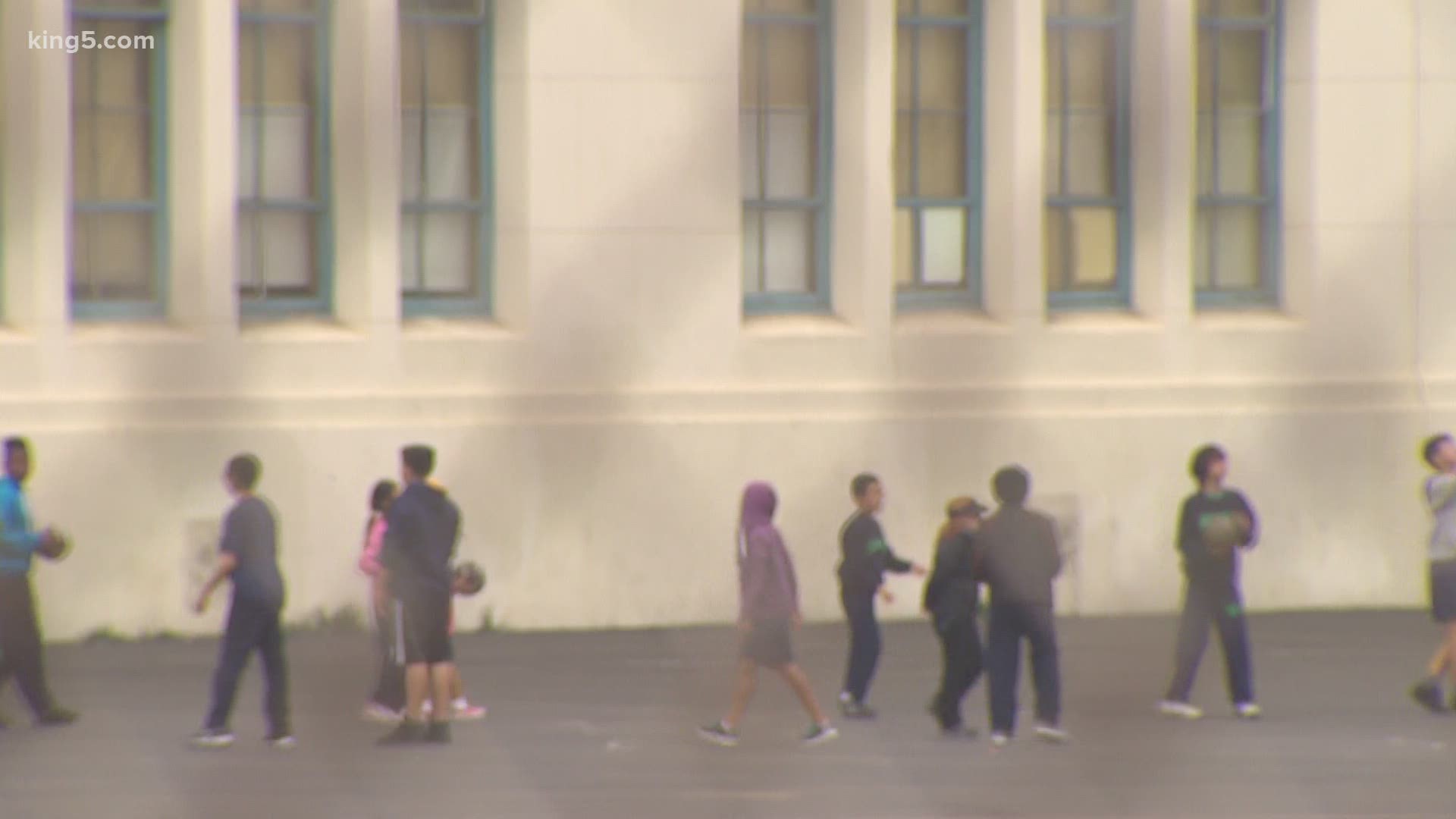SEATTLE — A recent study looked at the needs of foster children in Washington state and found the biggest issue kids are struggling with are resources for online learning during the novel coronavirus (COVID-19) pandemic.
While Washington's school districts have worked hard to get students equipment like computers for remote learning, in many cases, there just is not enough to go around.
That's where an organization like Treehouse can come in and help. The organization conducted a survey and found that almost half of the foster kids needed support in some way.
"When you think about our kids who have had so much trauma, and so much uncertainty already in their lives, and then you add this on top of it, it's unbelievable,” said Angela Griffin, chief programming officer for Treehouse. “I would say we have a team that has been remarkable in showing up, and on behalf, and with our young people.”
Treehouse was founded 32 years ago by social workers to help support foster kids alongside state agencies. Their recent study surveyed 1,307 foster children across Washington and found that nearly half, 49% had an immediate need for resources during the novel coronavirus pandemic.
Access to distance-learning (computers) was the number one request, followed by access to extracurricular activities, food, and other technology like cell phones.
They also discovered that there are challenges in getting some of the older kids to stay on track outside of school. As a result, Treehouse created an incentive program for high schoolers to finish their work and stay on the path towards graduation. Treehouse is also helping some of the older foster kids who have just termed out of the system by trying to maintain their lives as new adults.
"We also serve our young people who age out of foster care or go into extended foster care, and they can be an extended foster care through age 21 in our state,” said Griffin. “What we have been seeing with are those older, you know, young adults is that there have been really strong food insecurities for them, their rental needs are greater helping them pay for their utilities. I think I said earlier about helping them access unemployment because many of them have lost their jobs.”
Treehouse said they need donations and partnerships to continue helping kids. Griffin said in some cases, they are finding multiple foster kids in the same home with only one computer and that is just not enough for students to keep up on their work in this age of distance learning.

